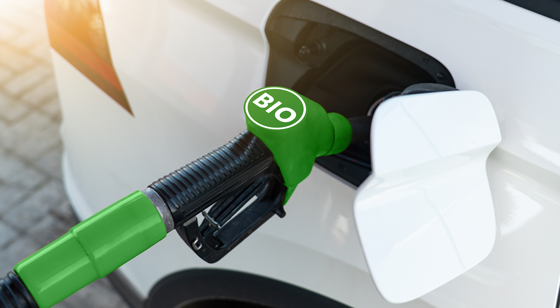
Image: Pixabay
See the note on the CNPE resolution that maintains the 10% biodiesel blend until March 2023:
The Brazilian Union of Biodiesel and Biokerosene (Ubrabio) received with serenity the publication of the order from the Presidency of the Republic that deals with the resolution of the National Energy Policy Council (CNPE), published this Friday, November 25th.
{module Form RD}
On a negative note, we regret, however, the maintenance of the 10% mixture of biodiesel and diesel in the months of January to March 2023, a decision that had already been contested by Ubrabio previously. We, as a sector, understand that it does not make sense to maintain the mixture at 10% when there are already conditions to increase production, especially due to the forecast of a super harvest of soybeans that will be harvested next year, estimated at 150 million tons.
Our message is to demonstrate to the powers that be that biodiesel is not merely a biofuel. Biodiesel brings environmental advantages, with reduced carbon emissions; economic, with the strengthening of agroindustry and regionalization of production; and social, with incentives to create jobs in family farming. Biodiesel is also an ally in protecting public health, as more biodiesel means less consumption of fossil diesel, a fuel that emits pollutants and causes countless damages to public health through hospital admissions and absence from work.
Finally, Ubrabio reinforces that its greatest strength is dialogue, which will continue to be our working tool whether with the current government or with the transition team of the elected government.
Source: Notícias Agrícolas
{module 441}















